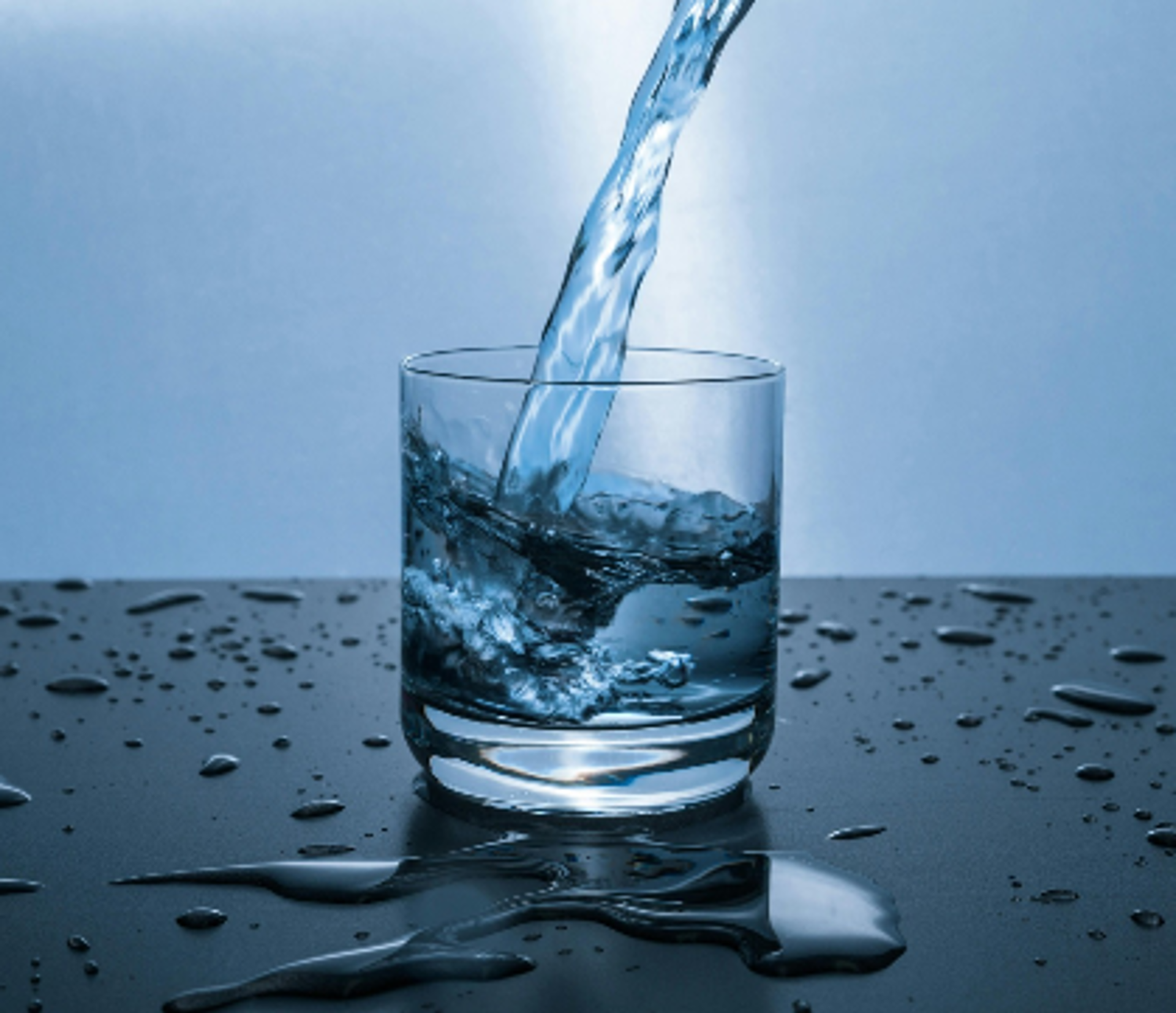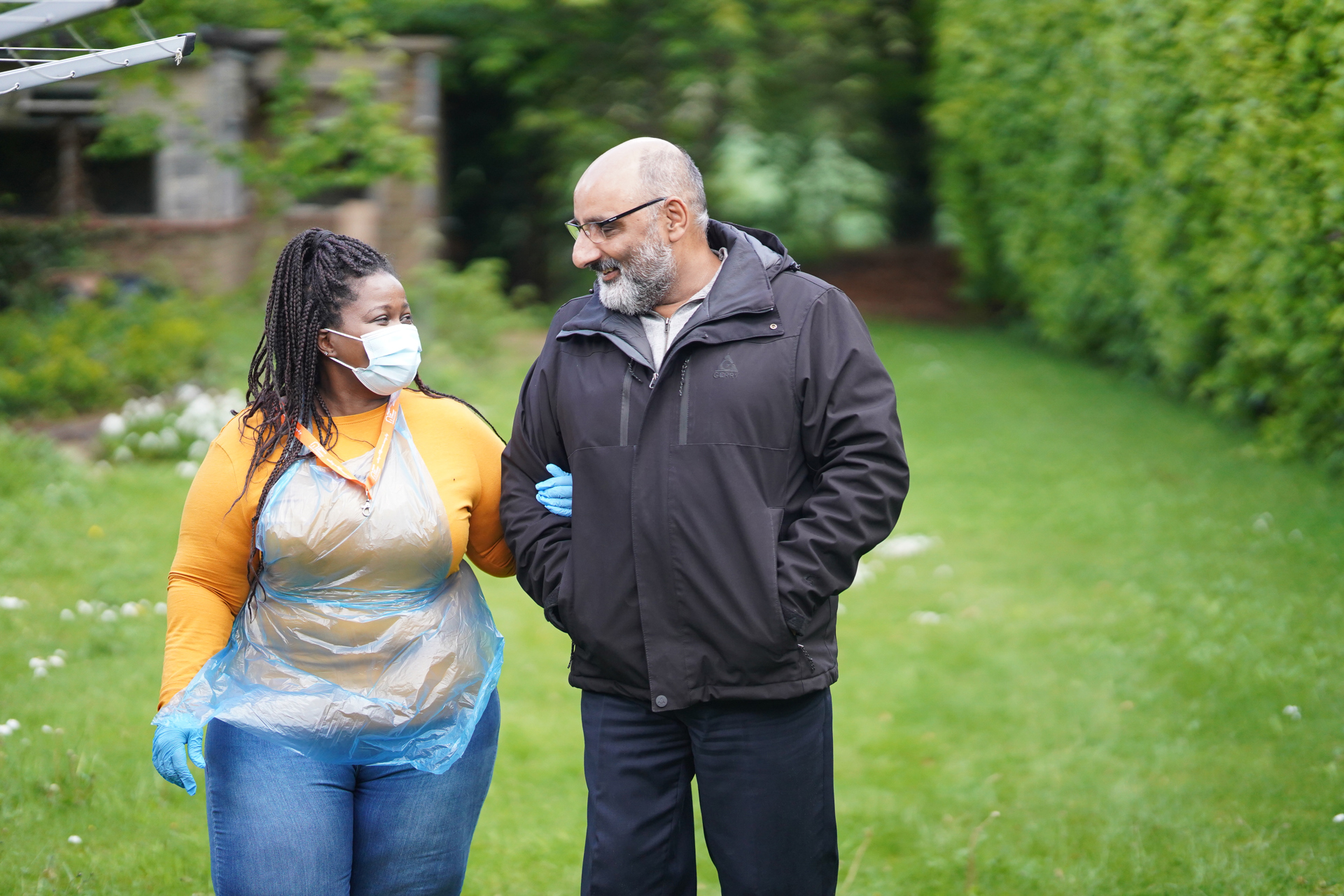Summer sun and hydration
Fresh air and refreshment
Published: 04/07/2024
The weather this spring was very disappointing, and we have had record amounts of rain so, opportunities for most people to get out into the garden or countryside have been few. As we enter early summer, we can expect (and hope) the temperature to rise and it to rain less – we might even have another drought – such is the nature of our maritime climate. But why is being outside so good for us?
Mind, the mental health charity, list the following benefits to mental health from being in green spaces or bringing nature into your daily life:
- improves your mood
- reduces feelings of stress or anger
- helps you take time out and feel more relaxed
- improves your physical health
- improves your confidence and self-esteem
- helps you be more active
- helps you meet and get to know new people
- connects you to your local community
- reduces loneliness
- helps you feel more connected to nature
- provides peer support.


We all know that amazing feeling of sun warming our bodies, the rustle of the trees from a warm breeze and the fantastic variety of bird song from both our native species and our summer visitors. In addition to the ‘wellbeing’ benefits stated above being outside more enables us to top-up on Vitamin D which is essential to regulate calcium and phosphate in our bodies which helps keep bones teeth and muscle healthy. It also boosts the immune system.
Many people are deficient in Vitamin D and the NHS recommend everyone should take this as a supplement through Autumn and Winter. Most people should be able to make all the Vitamin D they need from sunlight, from early April to the end of September – if you can get out into the sun. Anyone who has poor mobility and unable to get outside are advised to take Vitamin D throughout the year.
Beware too much sun exposure though, and continue to use sunscreen because there is little or no evidence that sunscreen blocks all UVB radiation which is exactly what triggers production of Vitamin D. A hat is useful for protection too.
Please Hydrate
Older people, (as well as babies and children) are at a greater risk of dehydration, which can be complicated by taking diuretic medication which is taken specifically to encourage the reduction of fluids in the body. Add to this, higher temperatures and humidity, and it can be shocking how quickly dehydration is apparent, with the following symptoms:
- feeling thirsty
- dark yellow, strong-smelling pee
- peeing less often than usual
- feeling dizzy or lightheaded
- feeling tired
- a dry mouth, lips and tongue
- sunken eyes
and in babies:
- a sunken soft spot (fontanelle) on top of their head
- sunken eyes
- few or no tears when they cry
- not having many wet nappies
- being drowsy or irritable
Having been chronically dehydrated once in my life I can confirm it is truly horrible and I have managed to avoid repetition, but I cannot say that I always drink enough. It is quite difficult to do, especially trying to consume up to two litres of water a day which is often quoted as the ‘target’.
The EatWell Guide: https://www.nhs.uk/live-well/eat-well/food-guidelines-and-food-labels/the-eatwell-guide/ suggests a more sensible 6-8 cups or glasses of fluid, including hot drinks such as tea, which is 1.2-1.5 litres and that good hydration is indicated be pee being a pale clear colour. A person being cared for may not have a sense of how much they are drinking so, the carer can:
- making sure they drink at mealtimes
- making drinking a social thing, like "having a cup of tea"
- offering them food with a high water content – for example, soup, ice cream, jelly and fruits like melon
If you or a loved one would like assistance to get outdoors and enjoy summer, please call us on 01509 279360 or visit: https://rightathome.co.uk/loughborough
